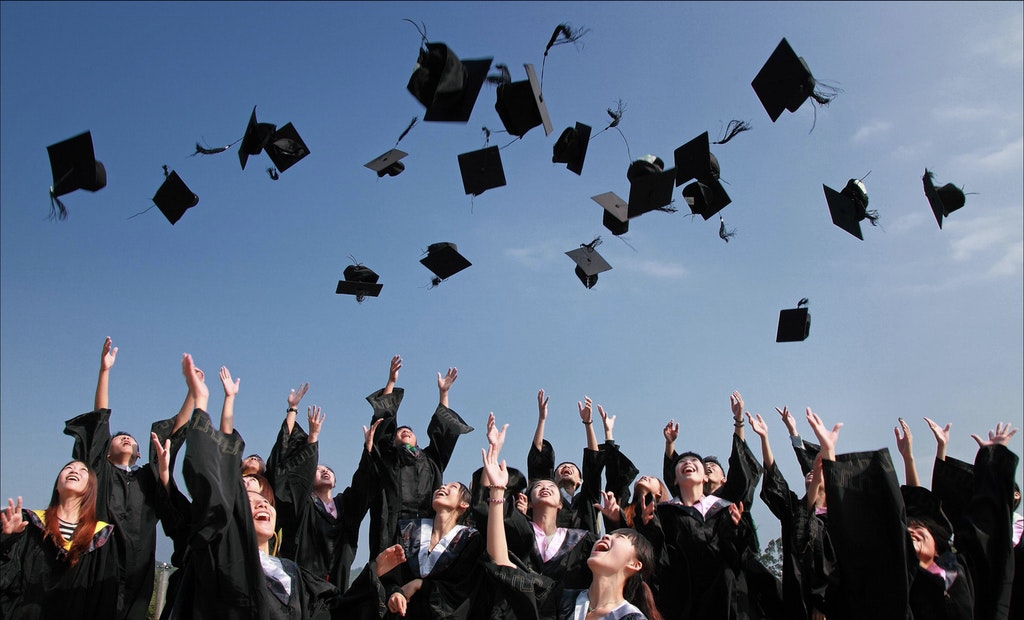Meritocracy: The dirty word of a modern society?

In contemporary usage, the word “meritocracy” is predominantly deployed with a positive meaning. Likewise, a growth in meritocracy is seen as progress. While in the past the aristocracy inherited their seats on cabinets and on company boards, in more recent times people succeed thanks to intelligence, education and hard work.
Michael Young, the British sociologist and Labour activist who invented the word, intended it with a pejorative meaning. In his book, The Rise of the Meritocracy, published in 1958, he describes a futuristic Britain where a class-based elite has been replaced with a hierarchy of talent.
Confusion between merit and meritocracy leads perhaps to the contemporary use and abuse of the latter. Merit is a commendable quality, determined by a set of skills and good results both at school or work, while meritocracy literally means “society of merit”.
In line with this, Young’s fictional narrator defines the greater contributor to society as “creative minority” or “restless elite”, as opposed to “the stolid mass”.
There are 1% of individuals who have consistently increased their incomes as a consequence of the premium that globalised high-tech economy places on the extremely clever. In Young’s hypothetical world, less talented and demoralised masses were ready to revolt.
There is, of course, nothing wrong with money flowing to talent rather than connections. However, the intelligent rich are transforming themselves into an entrenched elite. This meritocracy loop, defined also as a paradox of virtuous meritocracy, has been proven to deeply affect equality of opportunity.
In the US, where the elite has been particularly keen on passing the privilege down to the next generation, the lack of opportunities created by the meritocracy loop seems particularly evident.
Dubbing Miles Corak’s study “The Great Gatsby curve”, American economist Alan Krueger refers to the relationship between income inequality and social mobility across the generations. The “one-generation parameter” – how much a father’s income influences that of his adult son – shows that in the US and Britain around 50% of income differences in one generation are deeply connected to the income of the previous generation. In Scandinavia, figures show an income-social mobility relation of 30%.
America’s growing number of lower-class single mothers short of time and money, is an example of how close America is to the realisation of the virtuous-meritocracy paradox. Conservatives blame the fall in the rate of marriage while the left focuses on the effects of redistribution.
One study shows that the gap in test scores between the children of the wealthiest 10% of the population and its poorest counterpart rose by 30-40% in 25 years. These figures are coupled with the fact that the US government spends less money on the education of poor children than wealthy ones, especially for early-childhood education.
This happens because the school system is organised and funded at local level through property taxes, thus affluent areas have more money to spend.
American Universities’ prohibitive fees worsen the general situation. Very few children from poor backgrounds get into higher education and too many drop out.
Avoiding a future society where life possibilities are definitively pre-determined at birth would prevent the “restless elite” from unfairly adding to their privileges.
Standardised tests were first introduced in the US to favour the brightest students, but the $4.5 billion test-prep industry grew exclusively thanks to the rich. The same could be said for the astonishing growth of British private tuition for 11-plus exams.
The American university system itself reflects the paradox of virtuous meritocracy, giving preference to well-connected children whose parents have either made a donation to the University or are ex-Alumni.
In a world of equal opportunities, an educational establishment should attract the best students and then figure out how to finance the poorest among them.
None of these possible corrections to the system will be able to prevent the brainy and wealthy from investing in their offspring. It is something that comes naturally to parents and explains in full the slower social mobility of the middle and lower classes, despite the progress made in education in the last 50 years.
The best we could hope is that some of these measures may help to re-balance the insurmountable advantages of the elite and prevent the realisation of a two-tier society.
Annalisa Ratti























Facebook
Twitter
Instagram
YouTube
RSS